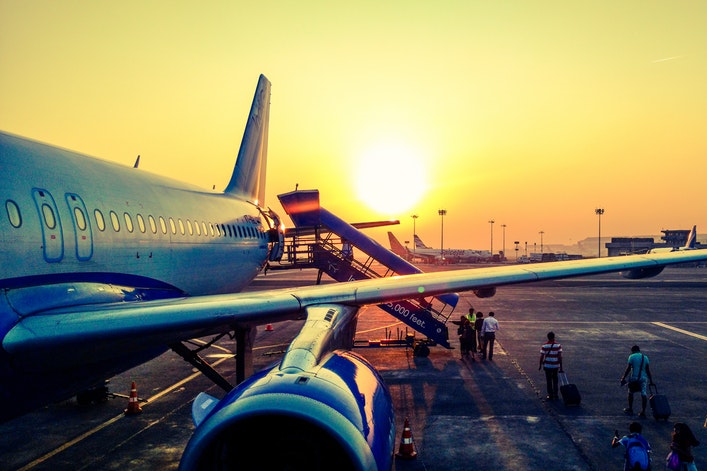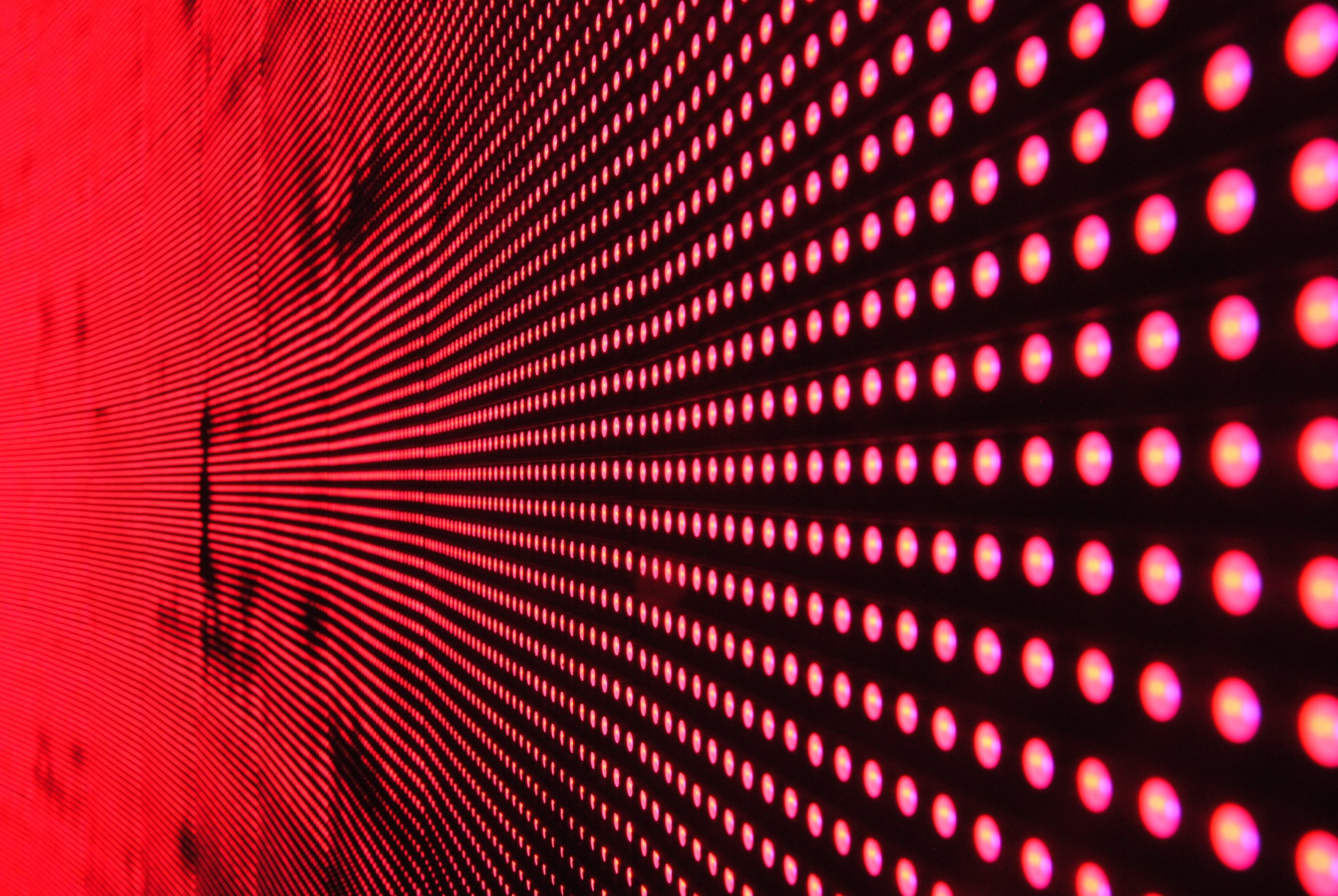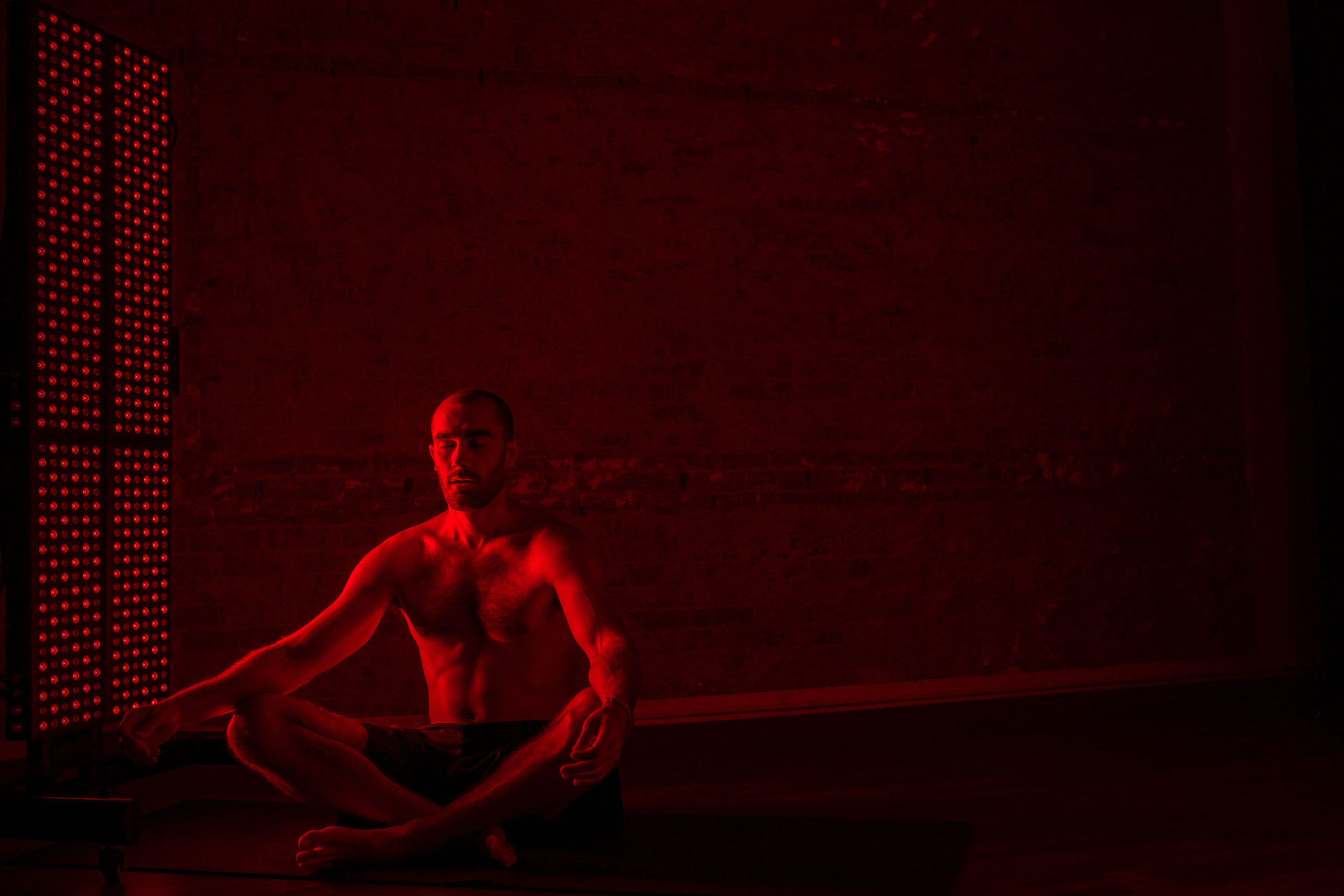Travel is usually a great experience, but if you have lymphedema, it can also be intimidating to fly. Lymphedema has been known to advance after long flights, so it is important to plan for the property lymphedema treatments before, during and after.
As a lymphedema sufferer who travels frequently internationally, I’ve learned through trial and error what enables me to fly without problems. I’ve had my lymphedema advance in the past after long trips (in economy seats), so I have to be especially careful.
Ideal world, try to fly business or first class on a flatbed seat. Yes I know it’s expensive, but there are also ways to fly these premium classes without spending tens of thousands of dollars. I’ll have upcoming article about that but in the meantime, there’s other things you can do to help minimize the chance of problems.
Pine Bark Extract: Another Tool for your Arsenal
There are many great articles about using compression, moving around a lot, and other steps you should take for air travel. But since I’ve had my lymphedema advance in the past, I wanted as much protection as possible.
Luckily I found some research showing that a substance called pine bark extract can help reduce edema caused by air travel.
Italian researchers apparently found that study participants who took Pycnogenol supplements—a branded form of French maritime pine bark extract—had less swelling in the lower legs during travel compared to control groups in which participants simply wore stockings or did standard in-flight exercises.
Here’s more information on that study: HTTPS://WWW.NUTRAINGREDIENTS-USA.COM/ARTICLE/2018/04/13/PYCNOGENOL-FARED-BETTER-THAN-STOCKINGS-IN-PREVENTING-TRAVEL-SWELLING
Pine Bark Extract or Pycnogenol?
The brand name ‘pycnogenol’ product is quite expensive. Fortunately, everything I’ve read says it’s simply a name brand for pine bark extract. You can buy pine bark extract quite inexpensively at sources like Amazon.com, Iherb.com, Vitacost.com and Swanson vitamins, so that’s where I’ve bought this supplement. I got a huge bottle and just take it regularly.
According to the information out there you should take it before, during and after travel.
Since I have used it I haven’t had any swelling during travel, but that’s with compression. So I can’t say it’s working or not but the way I look at it, it’s a form of cheap insurance.
Additionally, this compound has also been studied for lymphedema and chronic venous insufficiency. While there’s no study results published, as a lymphedema sufferer, I have no problem adding it before, during and after flying.
Potentially Reduces Jet Lag
One bonus too, is that the researchers found that the subjects reported less jet lag when taking pine bark extract. That’s a big benefit, as feeling better can help you get and say active when you arrive at your destination.
Anti-Aging Benefits Too?
Since pine bark extract is also an antioxidant, another benefit is apparently decreased wrinkles. According to the Dermatology Times, pine bark extract/pycnogenol supplementation may be useful to counteract the signs of skin aging. You can read more here:
http://www.dermatologytimes.com/dermatology/pine-bark-extract-improves-skin-aging-signs
For those of us with lymphedema, we never want to risk flying without compression, the risks are just too great. But, taking pine bark extract as an additional possible preventative likely can’t hurt and hopefully is helping. Of course, talk to your doctor before adding any supplements to your regimen.
What Other Steps We Should Take
In addition to compression and trying out pine bark extract, here’s some other tips to help stay healthy, naturally:
Stay hydrated. Hydration is important for anyone on a plane, but if you’ve got lymphedema, it’s critical. So drink up…bring an empty water bottle and fill it in the airport, or whatever you need to do.
Eat well to counter radiation. Those of us with lymphedema already have a weakened lymphatic system, so we should do everything possible to protect our health. When you fly, you get a big dose of radiation. One effective way to counter that is with veggies, fruit, nuts and seeds, which are rich in antioxidants. According to this short video at nutritionfacts.org, high dietary antioxidant intakes are associated with decreased DNA damage in airline pilots.
I figure if it’s good enough for the pilots who fly all the time, it’s good enough for those of us who fly less frequently.
Per Michael Greger, MD, no benefit was found for taking antioxidant pills….only for consuming the actual food. So, that means eating veggies and fruits before and during a flight might protect our body from the damage of radiation.
Fortunately, that’s not hard to do: eat some fruit, salad or cooked veggies before your flight. Eat any veggies or fruit on the flight they bring you, even if it’s painful (and yes, given airline food quality, at times it is!). Nuts and dried fruit make great snacks to bring along, too. And according to Dr. Greger, the greatest protection was found when eating a combination, especially one that included some green food like spinach, kale, broccoli, etc.
Walk or exercise when you arrive. After sitting so much on a flight, it is vital to counteract that with fresh air and exercise. Take a long walk when you arrive, or do something else to get your circulation back. It will also help you avoid jet lag.
Have you ever tried taking pine bark extract? Any observations, good or bad? Let us know!
Please note: this post may include affiliate links that pay us a small commission, at no cost to you, to offset the costs of maintaining this website and content. Thank you for supporting our efforts.







What Chinese herbs do you attribute to helping with Lymphedema?
Also, do you do Tui Na massage to yourself? I have not been able to find a massage therapist who knows how to treat lymphedema, even Chinese therapist I have talked to don’t know. Could you explain what is done for Lymphedema using Tui Na. Maybe if you explain some of the massage I could do it to my leg myself?
Thank you for your information,
Deborah Officer
deborahofficer50@gmail.com
Hi Deborah,
Thanks for your comment. The herbs will vary by person as they are mixed custom by a chinese medicine specialist. There are a few that seem somewhat common but I have not heard of someone being able to source and treat themselves. So please see my blog on how to find a chinese medicine doc to try this with. Some will work remotely and send you the herbs but that is obviously not as good as seeing someone in person. On the tui na, most of it was the on the back side of the body so not sure you could do it yourself. Most was really high pressure too so I Have never heard of that unfortunately. Yes I am sad, I had this wonderful tui na guru in Los Angeles and after Covid I can’t find him, he probably retired. I tried it with a couple other people and it was not the same, and it appears to be hard to find people who are really good at it. Sorry I don’t have better news.